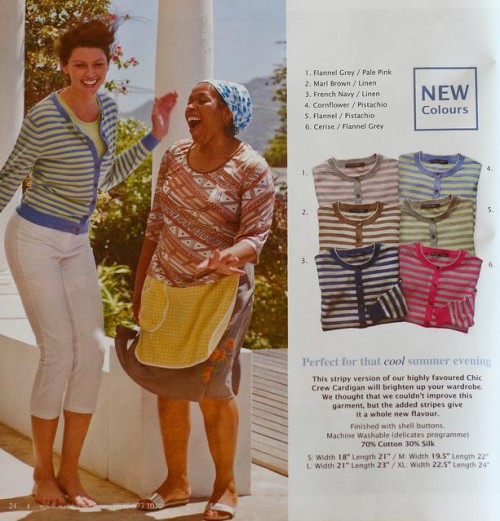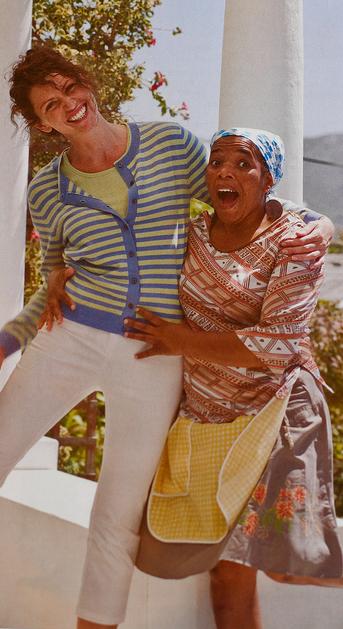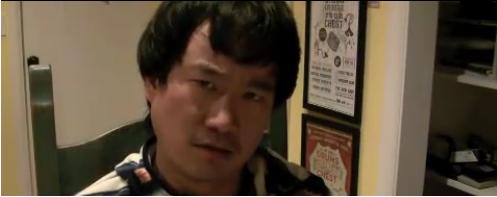Cross-posted at Tim Wise’s website and Pacific Standard.
As the nation weeps for the victims of the horrific bombing in Boston yesterday, one searches for lessons amid the carnage, and finds few. That violence is unacceptable stands out as one, sure. That hatred — for humanity, for life, or whatever else might have animated the bomber or bombers — is never the source of constructive human action seems like a reasonably close second.
But I dare say there is more; a much less obvious and far more uncomfortable lesson, which many are loathe to learn, but which an event such as this makes readily apparent, and which we must acknowledge, no matter how painful.
It is a lesson about race, about whiteness, and specifically, about white privilege.
I know you don’t want to hear it. But I don’t much care. So here goes.
White privilege is knowing that even if the Boston Marathon bomber turns out to be white, his or her identity will not result in persons like yourself being singled out for suspicion by law enforcement, or the TSA, or the FBI.
White privilege is knowing that even if the bomber turns out to be white, no one will call for your group to be profiled as terrorists as a result, subjected to special screening, or threatened with deportation.
White privilege is knowing that if the bomber turns out to be white, he or she will be viewed as an exception to an otherwise non-white rule, an aberration, an anomaly, and that he or she will be able to join the ranks of Tim McVeigh and Terry Nichols and Ted Kaczynski and Eric Rudolph and Joe Stack and George Metesky and Byron De La Beckwith and Bobby Frank Cherry and Thomas Blanton and Herman Frank Cash and Robert Chambliss and James von Brunn and Robert Mathews and David_Lane and Michael F. Griffin and Paul Hill and John Salvi and James Kopp and Luke Helder and James David Adkisson and Scott Roeder and Shelley Shannon and Wade Michael Page and Byron Williams and Kevin Harpham and William Krar and Judith Bruey and Edward Feltus and Raymond Kirk Dillard and Adam Lynn Cunningham and Bonnell Hughes and Randall Garrett Cole and James Ray McElroy and Michael Gorbey and Daniel Cowart and Paul Schlesselman and Frederick Thomas and Paul Ross Evans and Matt Goldsby and Jimmy Simmons and Kathy Simmons and Kaye Wiggins and Patricia Hughes and Jeremy Dunahoe and David McMenemy and Bobby Joe Rogers and Francis Grady and Demetrius Van Crocker and Floyd Raymond Looker, among the pantheon of white people who engage in politically motivated violence meant to terrorize and kill, but whose actions result in the assumption of absolutely nothing about white people generally, or white Christians in particular.
And white privilege is being able to know nothing about the crimes committed by most of the terrorists listed above — indeed, never to have so much as heard most of their names — let alone to make assumptions about the role that their racial or ethnic identity may have played in their crimes.
White privilege is knowing that if the Boston bomber turns out to be white, you will not be asked to denounce him or her, so as to prove your own loyalties to the common national good. It is knowing that the next time a cop sees you standing on the sidewalk cheering on runners in a marathon, that cop will say exactly nothing to you as a result.
White privilege is knowing that if you are a student from Nebraska — as opposed to, say, a student from Saudi Arabia — that no one, and I mean no one would think it important to detain and question you in the wake of a bombing such as the one at the Boston Marathon.
And white privilege is knowing that if this bomber turns out to be white, the United States government will not bomb whatever corn field or mountain town or stale suburb from which said bomber came, just to ensure that others like him or her don’t get any ideas. And if he turns out to be a member of the Irish Republican Army we won’t bomb Dublin. And if he’s an Italian American Catholic we won’t bomb the Vatican.
In short, white privilege is the thing that allows you — and me — to view tragic events like this as merely horrific, and from the perspective of pure and innocent victims, rather than having to wonder, and to look over one’s shoulder, and to ask even if only in hushed tones, whether those we pass on the street might think that somehow we were involved.
It is the source of our unearned innocence and the cause of others’ unjustified oppression.
That is all. And it matters.
Tim Wise is among the most prominent anti-racist writers and educators in the United States. The author of six books on race in America, he has spoken on over 800 college and high school campuses and to community groups across the nation. His new book, The Culture of Cruelty, will be released in the Fall of 2013.







